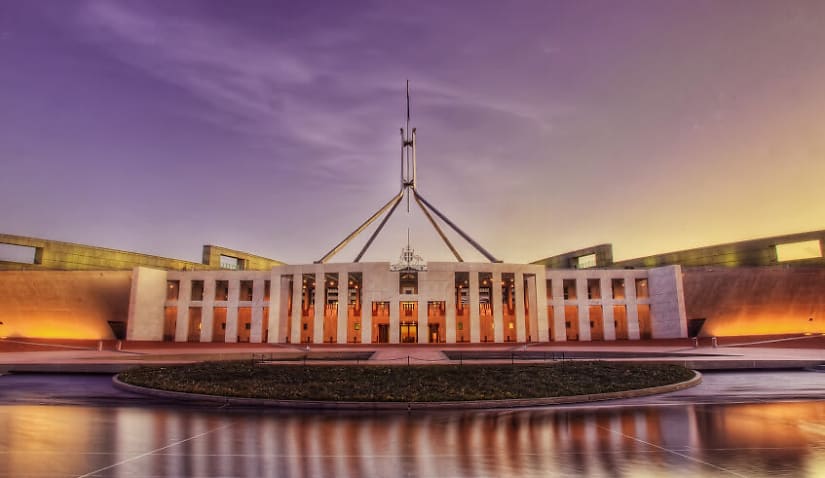After half a century of stalled reforms and missed opportunities, a new report has indicated that Australia may now be approaching a pivotal moment in the long pursuit of national human rights legislation.

A new joint report from the Whitlam Institute and the Human Rights Law Centre has suggested that the long-awaited implementation of an Australian Human Rights Act could finally be within reach.
Despite more than five decades of attempts to deliver such reform, Australia remains the only democratic nation in the world without a constitutionally enshrined or legislated national bill or charter of rights.
Over the past decade, these gaps have been repeatedly highlighted by royal commissions, international treaty committees, and Parliament’s own human rights scrutiny committee.
Legislating Human Rights Acts: From Whitlam to Now charted the 50 years of efforts trying to create an Australian Human Rights Act, tracing the journey from Gough Whitlam’s inaugural Human Rights Bill in 1973 to successive governments that, despite strong public backing, failed to translate support into meaningful legislative change.
However, contrary to the perception that such attempts have fallen short due to a lack of public support, the report found that setbacks at each stage were largely driven by “repeated use of the same themes and arguments to scrutinise, block or create fear about the legislation”.
In fact, nationwide inquiries in 2008 and 2024 revealed overwhelming public backing for reform, with over 80 per cent of submissions supporting the establishment of an Australian Human Rights Act.
With public support for implementation showing no signs of waning, the report argues that the Albanese government now has a clear opportunity to act, taking a crucial step in “repairing Australia’s broken system of rights protections”.
Professor Azadeh Dastyari, co-author of the report, emphasised that the findings clearly show public support has never been the barrier; the decades-long delay stems from a persistent lack of political will.
“After 50 years of challenges and missed opportunities, public support for an Australian Human Rights Act has never wavered – what has been lacking is the political will,” Dastyari said.
“This is a long-overdue reform that would ensure everyone’s rights are protected; the time for action is now.”
Human Rights Law Centre CEO Caitlin Reiger stressed that introducing an act prioritising human rights would strengthen the legal framework and benefit “everyone”, urging the government to act decisively.
“Everyone benefits when their human rights are protected and put at the heart of government decision making. An Australian Human Rights Act remains the missing foundational piece in our legal framework,” Reiger said.
“Now is the time for the Albanese government to seize the moment to legislate and create a fairer future for every person in Australia.”
Momentum is building around the possible introduction of a Human Rights Act in NSW.
Earlier this year, NSW Attorney-General Michael Daley told the State Parliament that the government is “open” to the idea and is “working constructively” to explore how such an act could be established in the state.
However, the A-G noted that the enactment of such an act “has not been a priority” for the government currently due to its development being a “complex undertaking” that necessitates sufficient time and resources.
A-G Daley stressed that any proposed legislation must be “carefully designed” to ensure it is “effective”, doesn’t impact the government’s ability to respond to “the immediate needs of the community”, and minimises “bureaucratic process”.
Despite not being on the government’s radar, the A-G shared that there is a willingness to explore “potential ways to strengthen human rights”, whether it involves implementing a Human Rights Act or pursuing alternative initiatives.